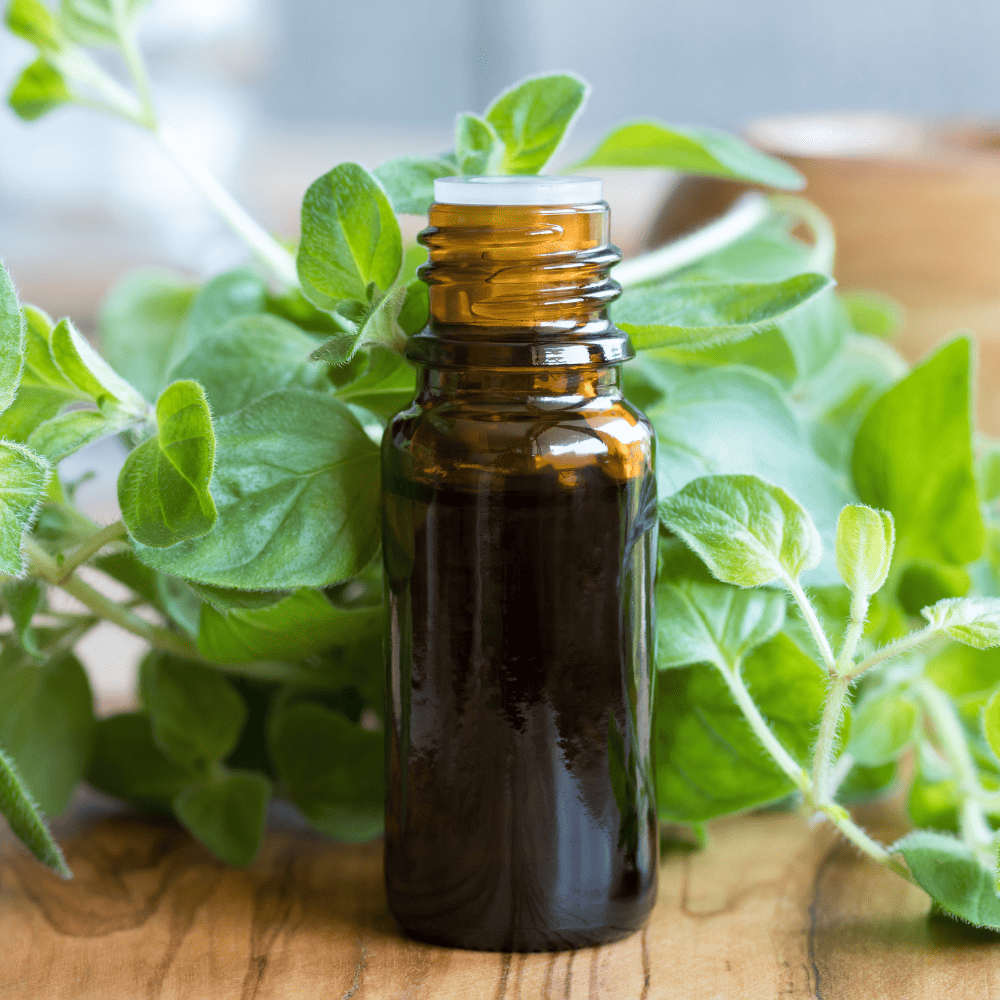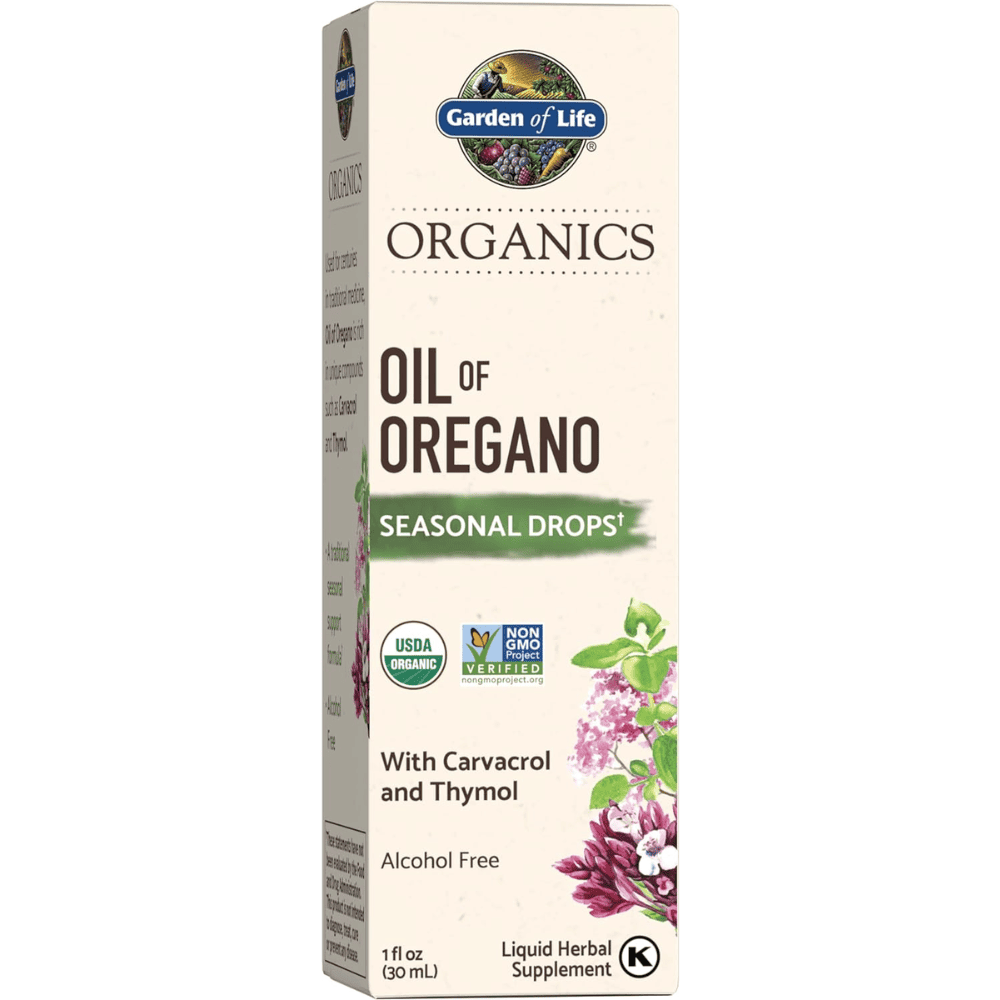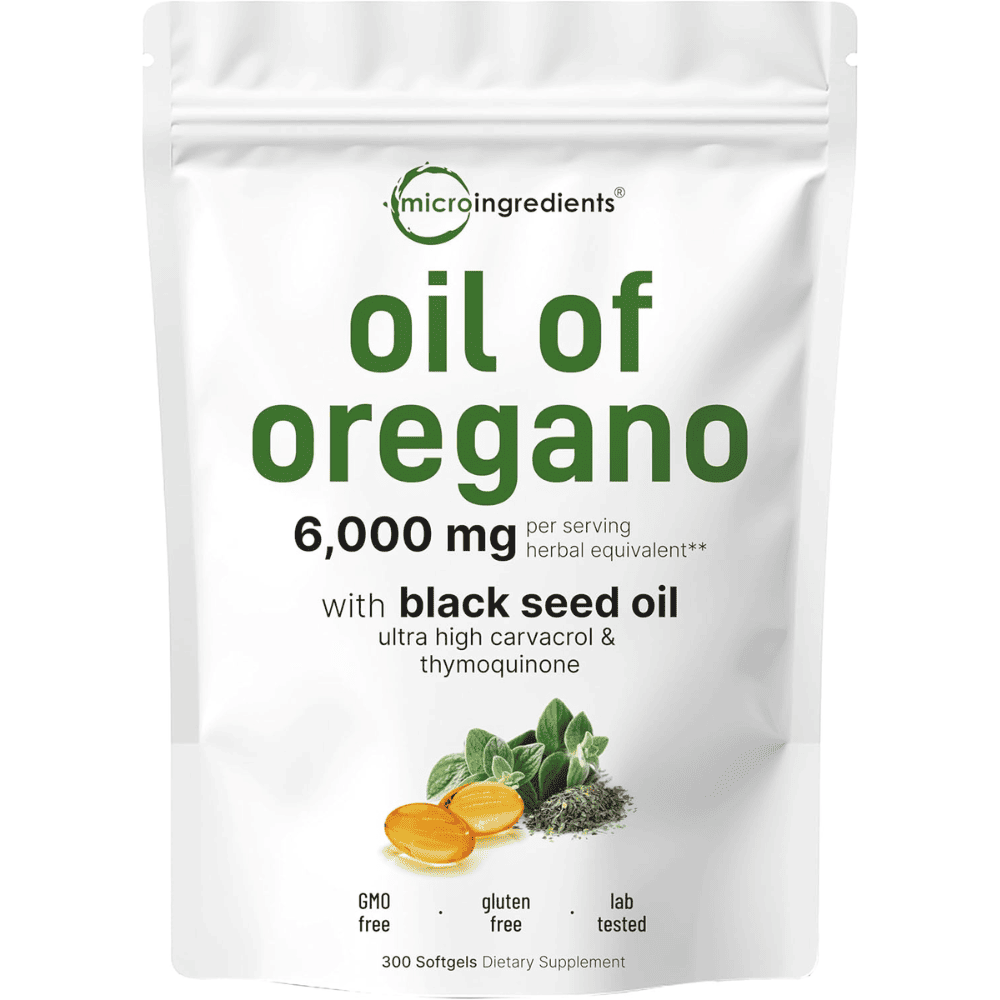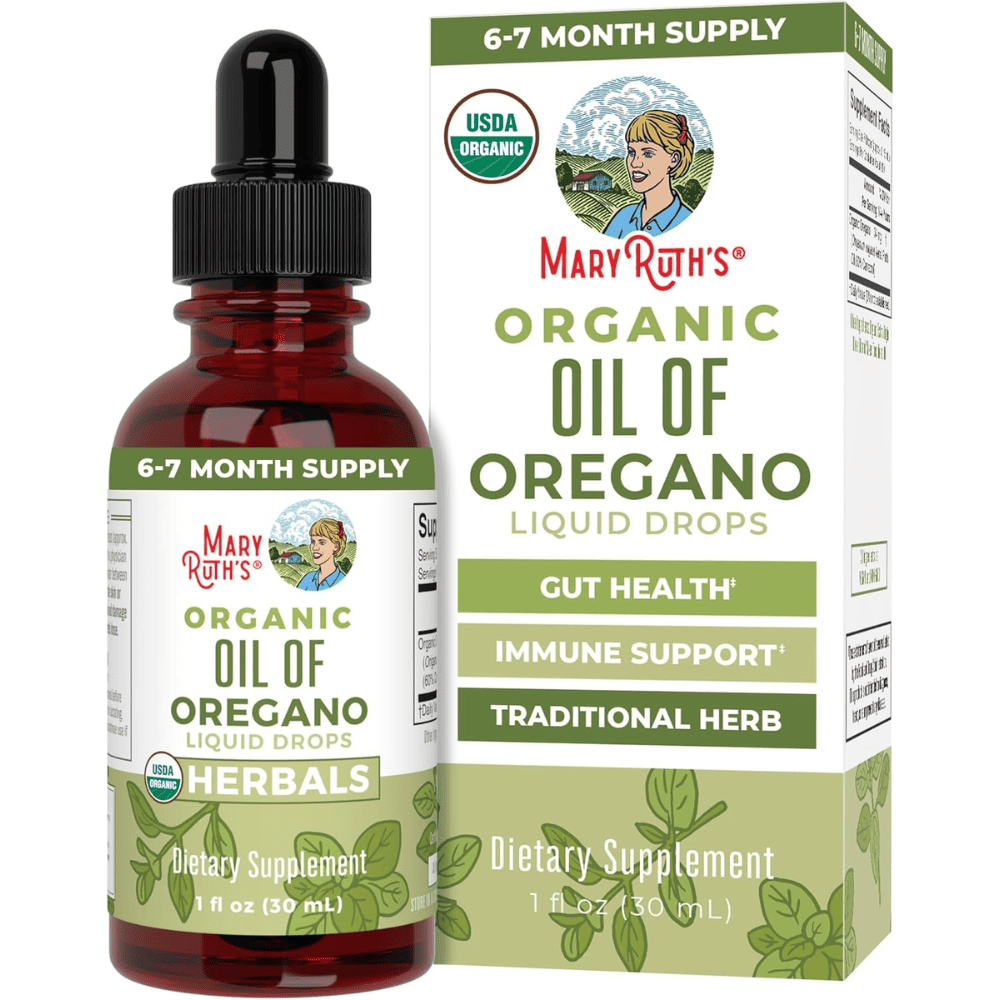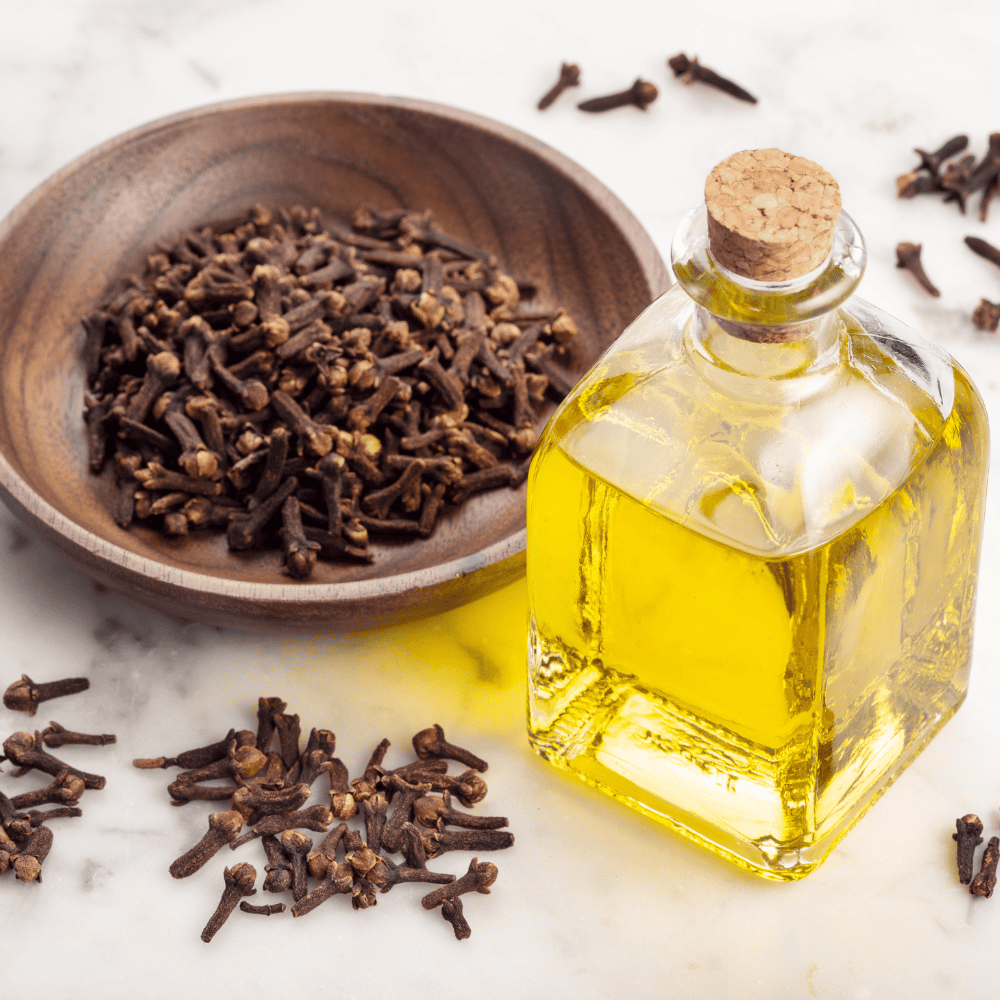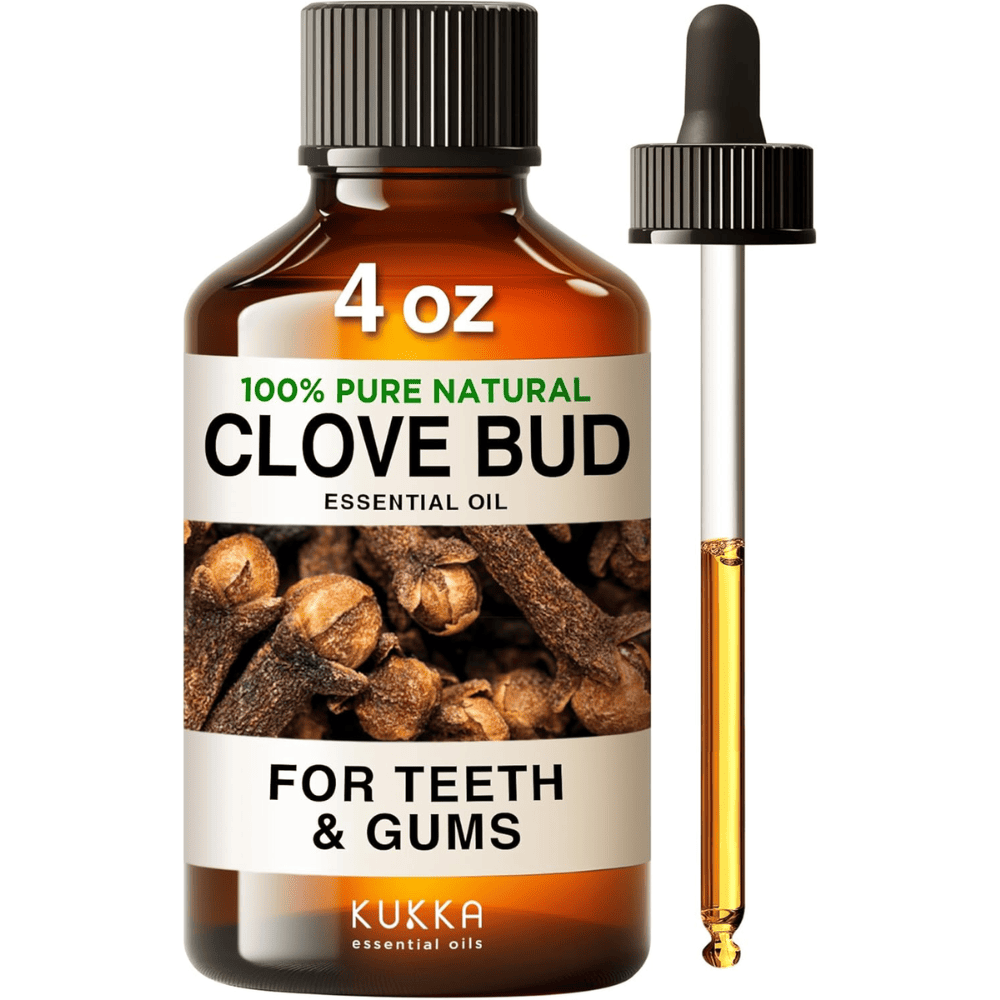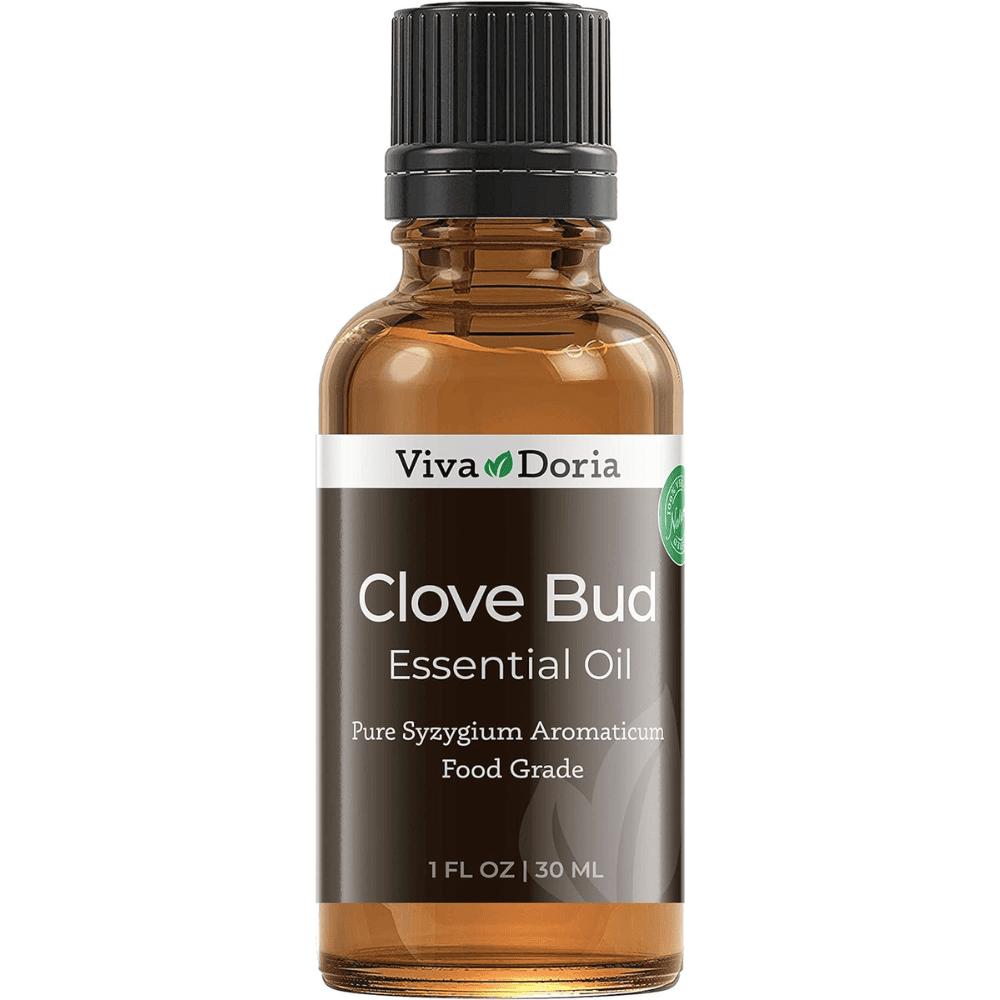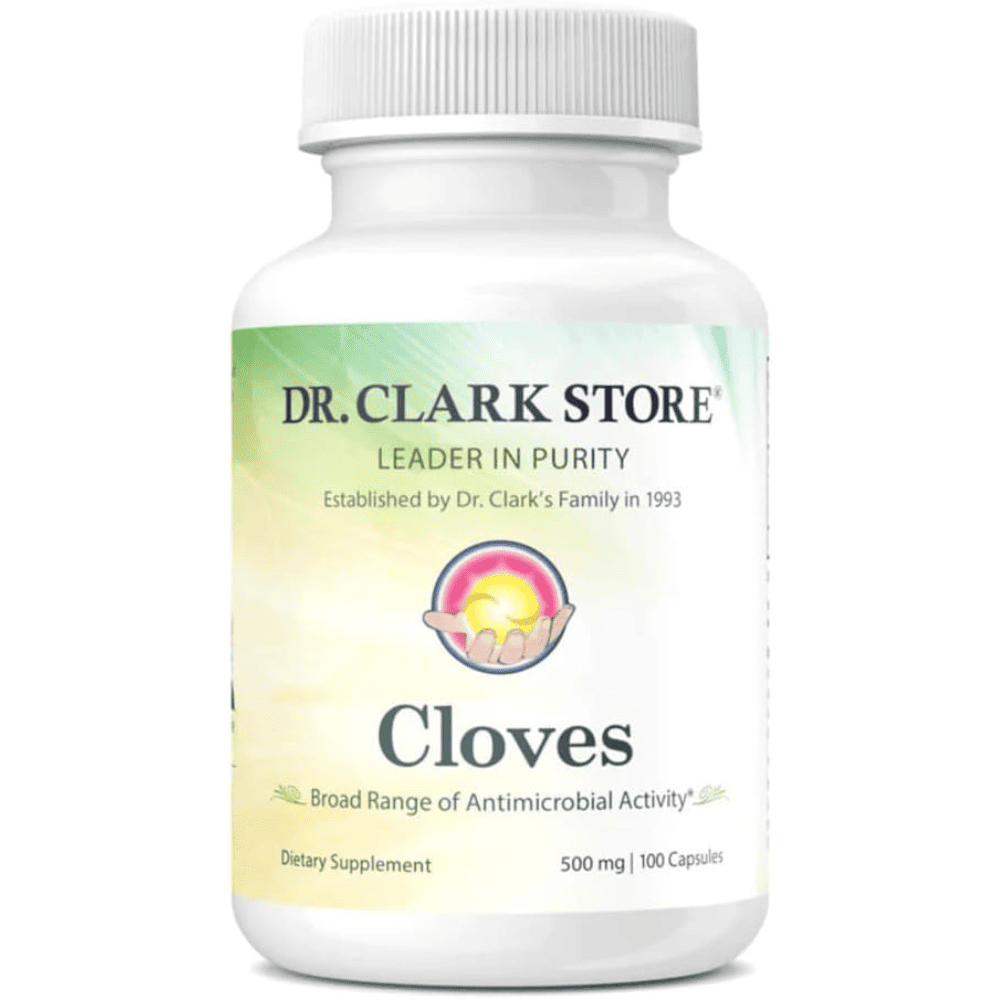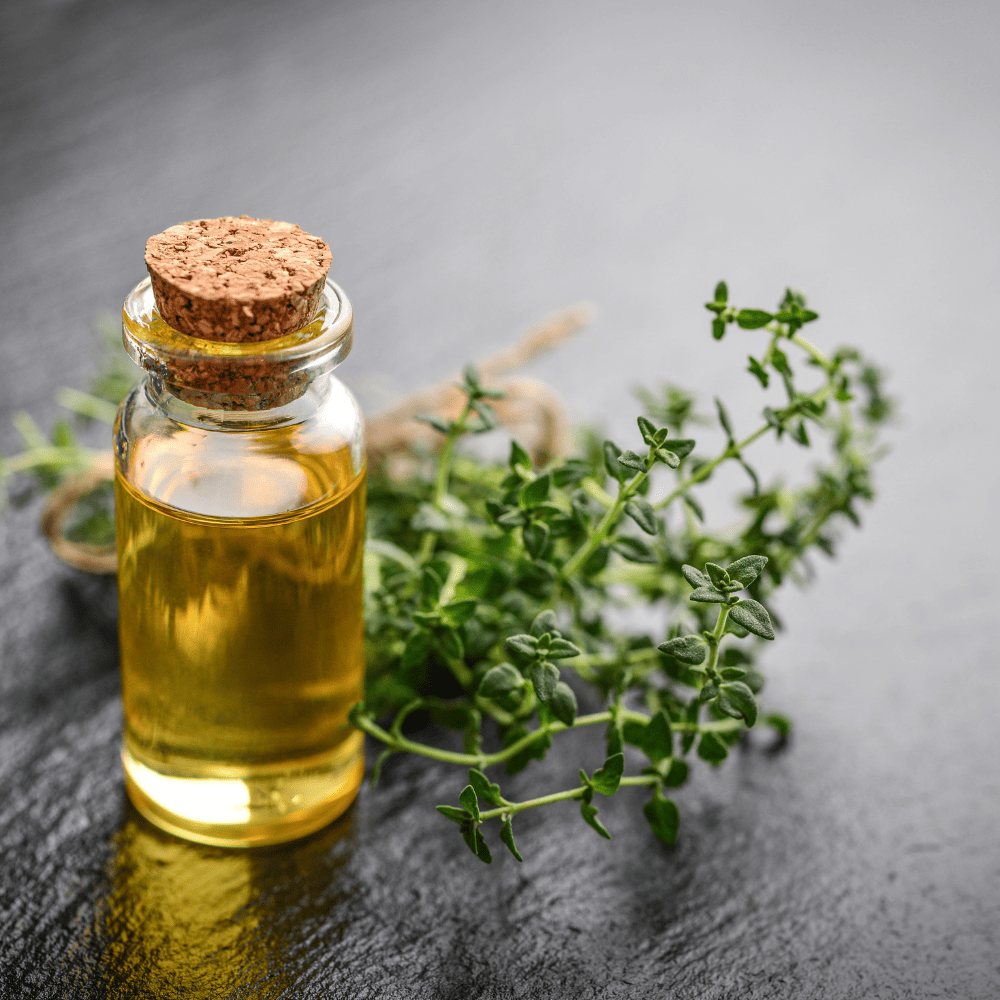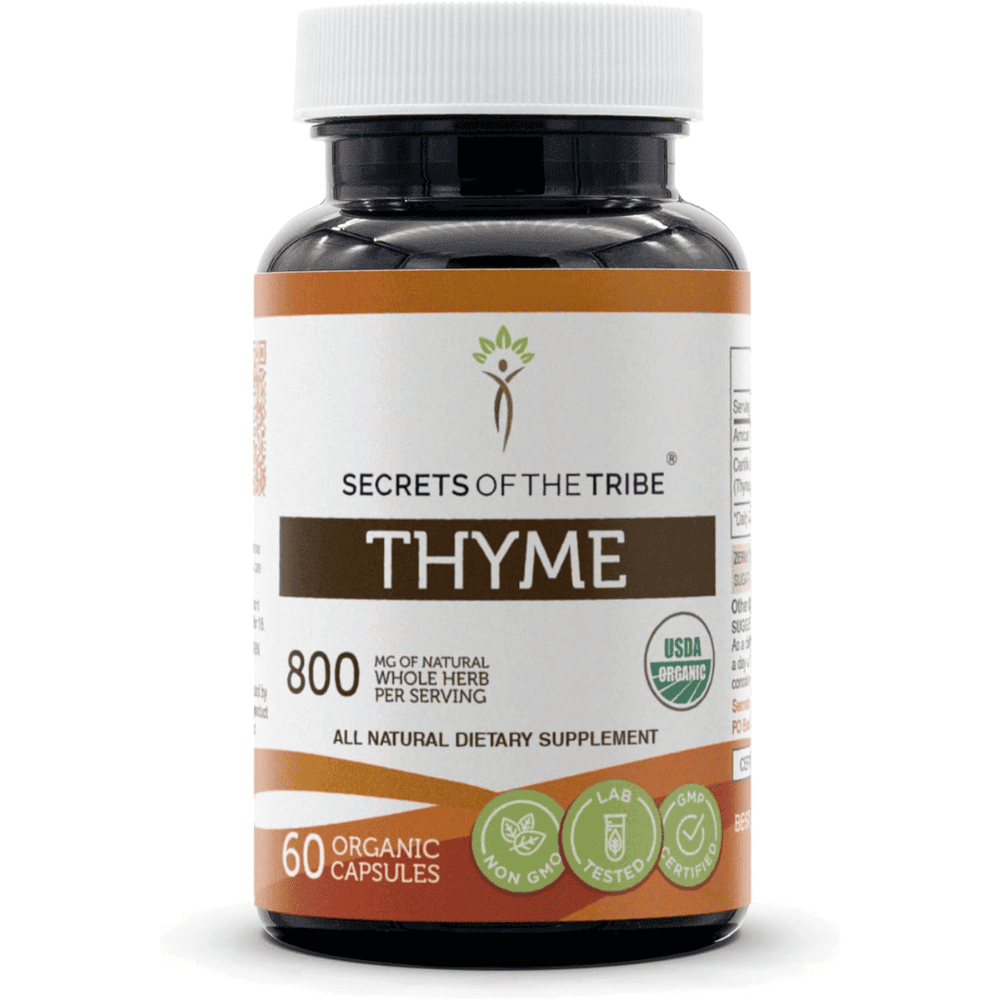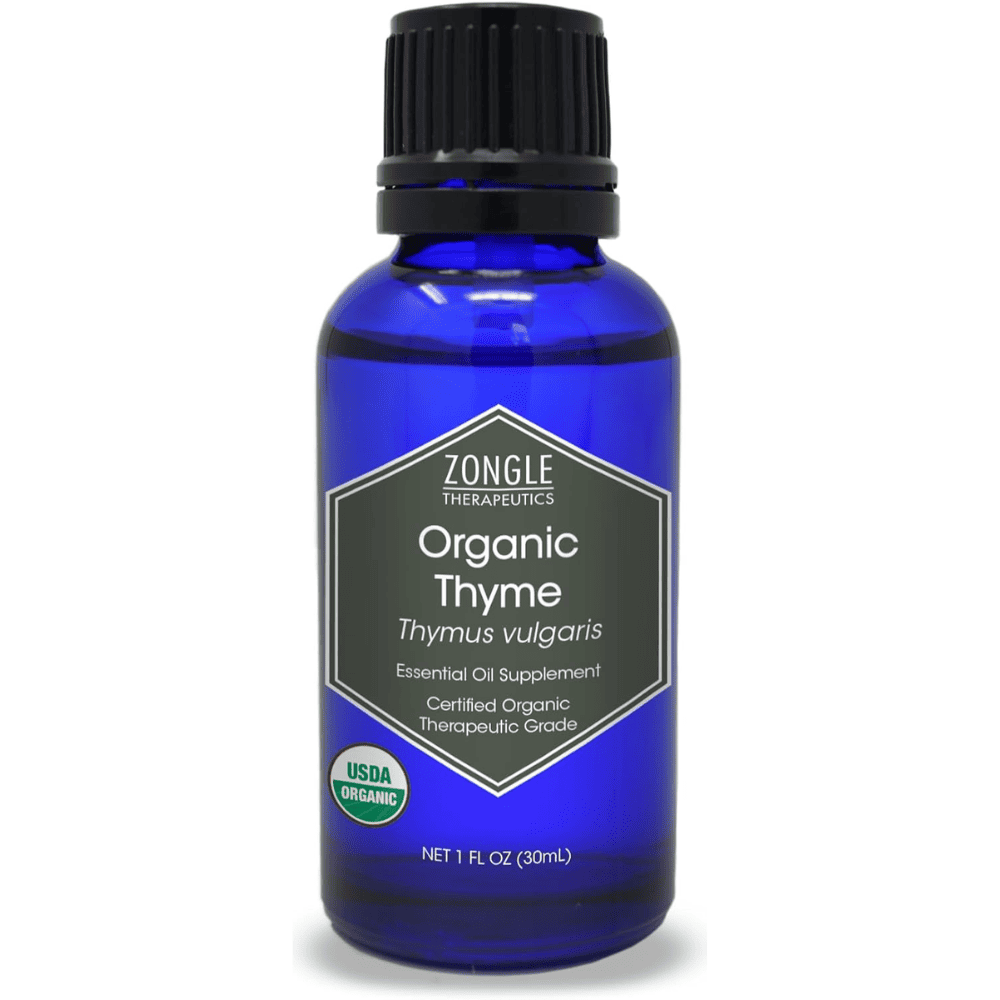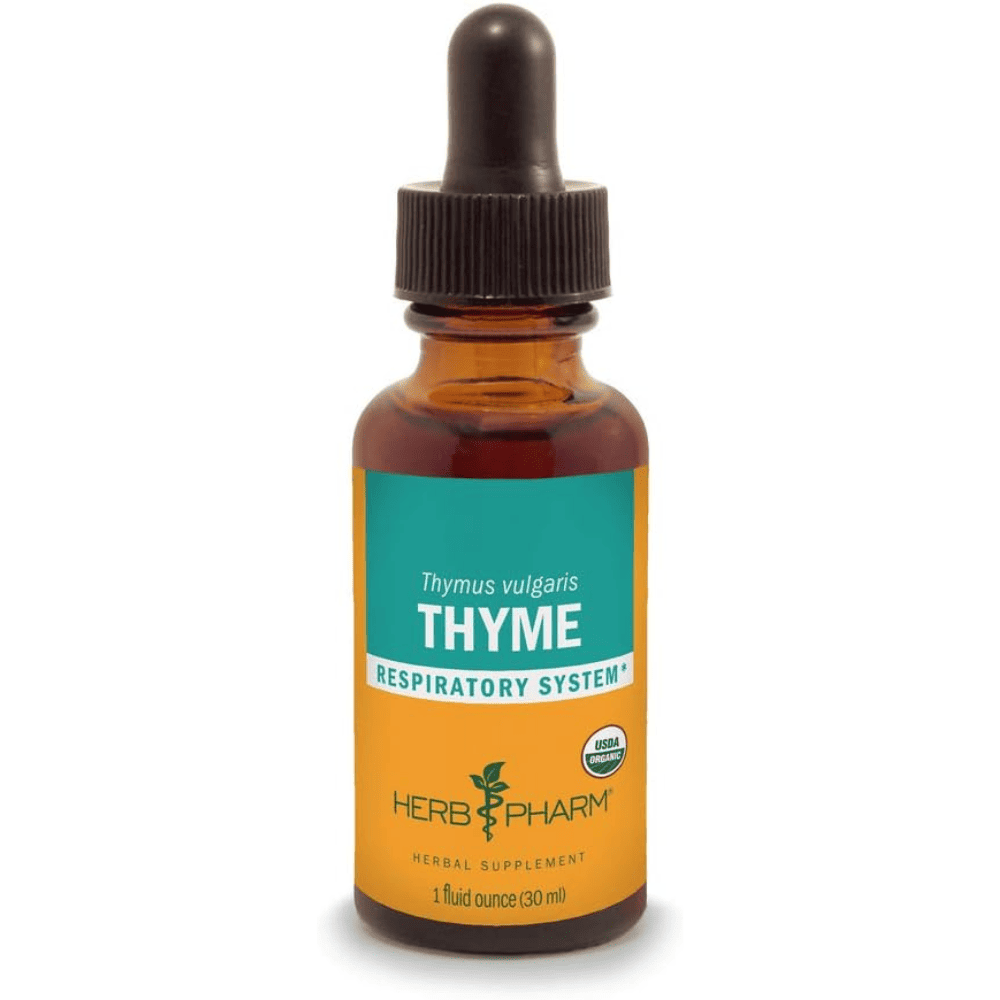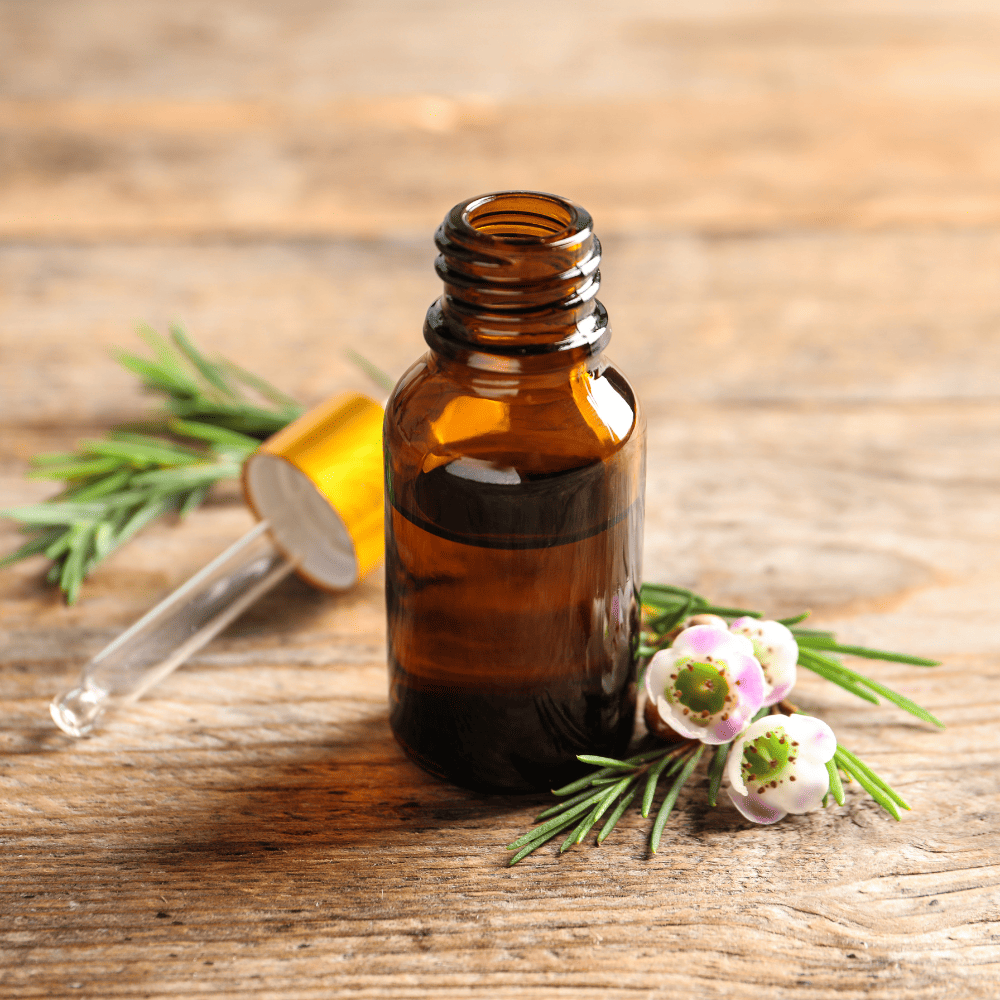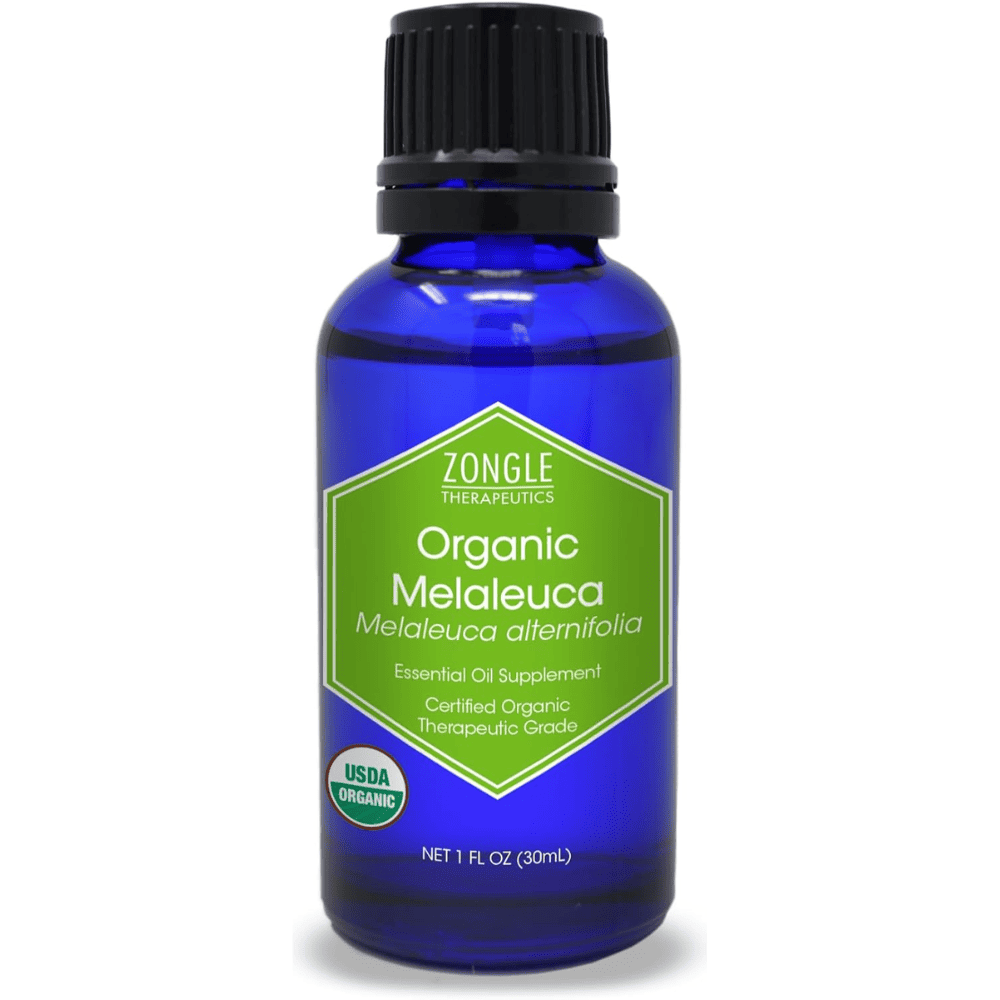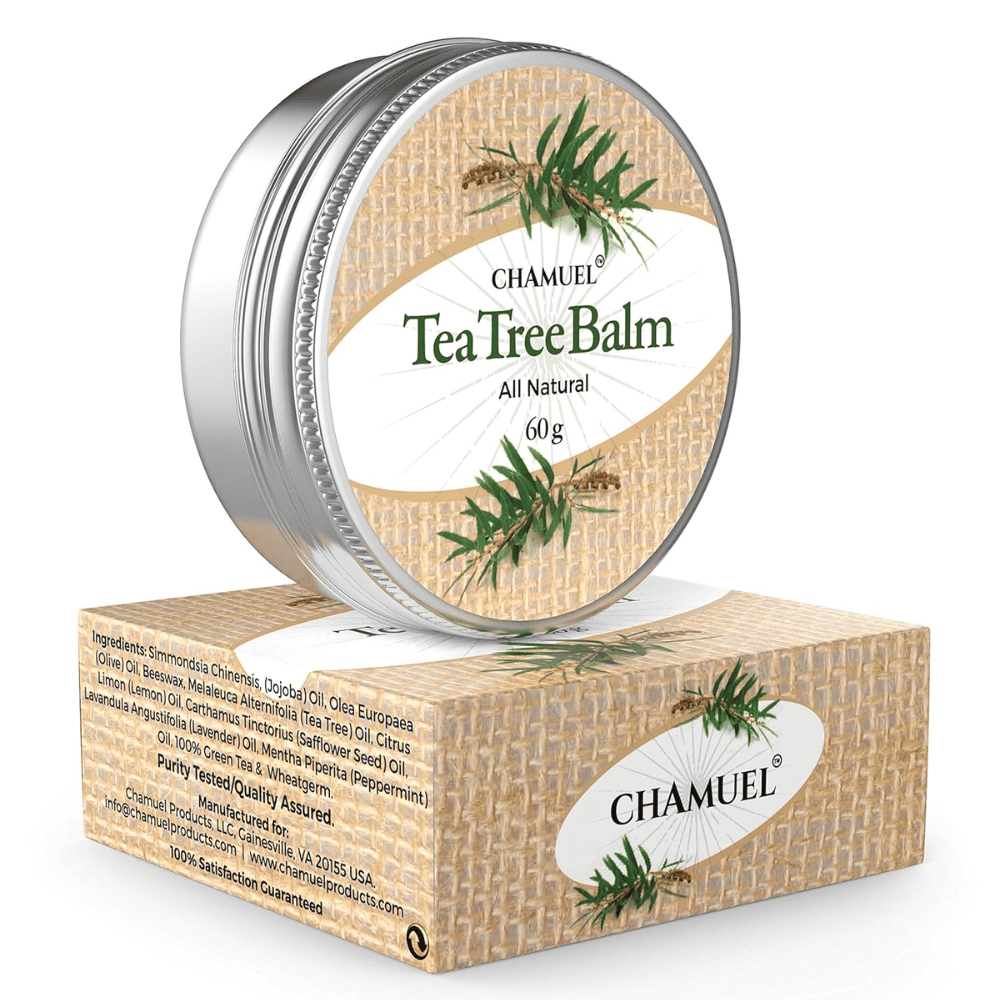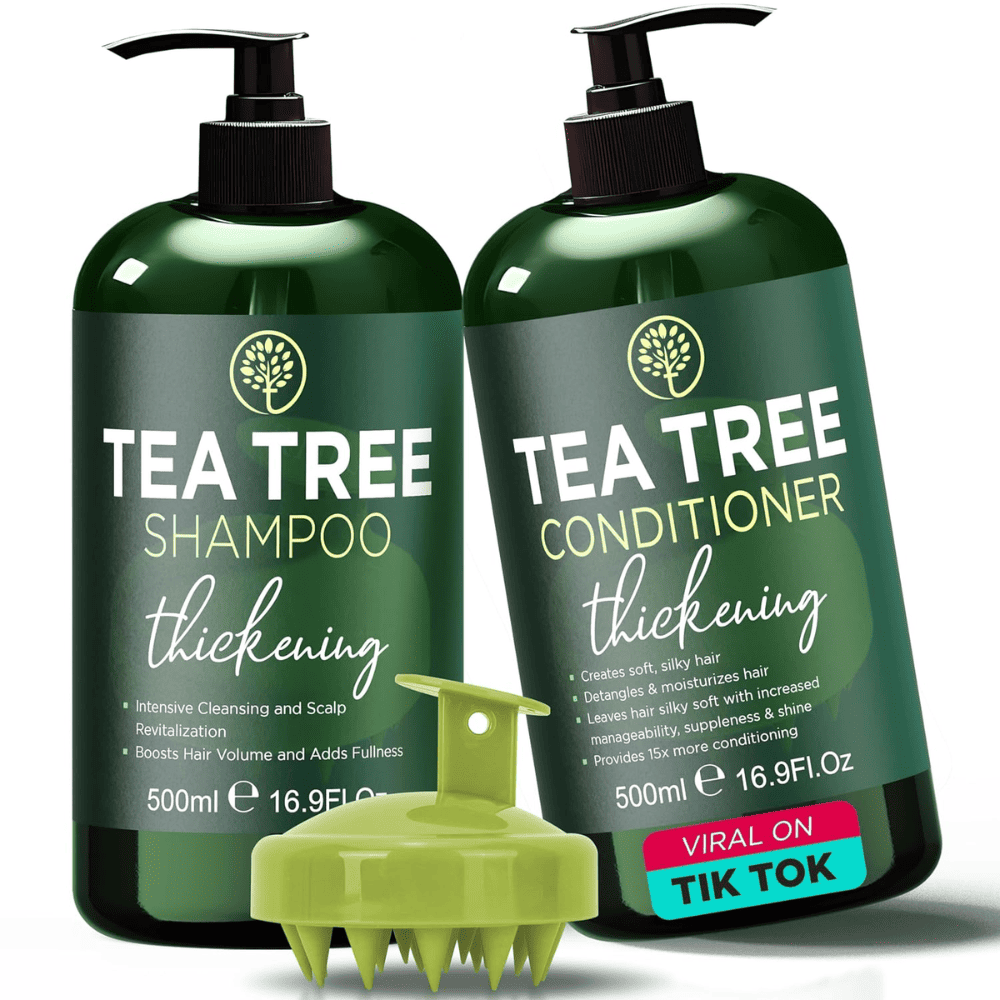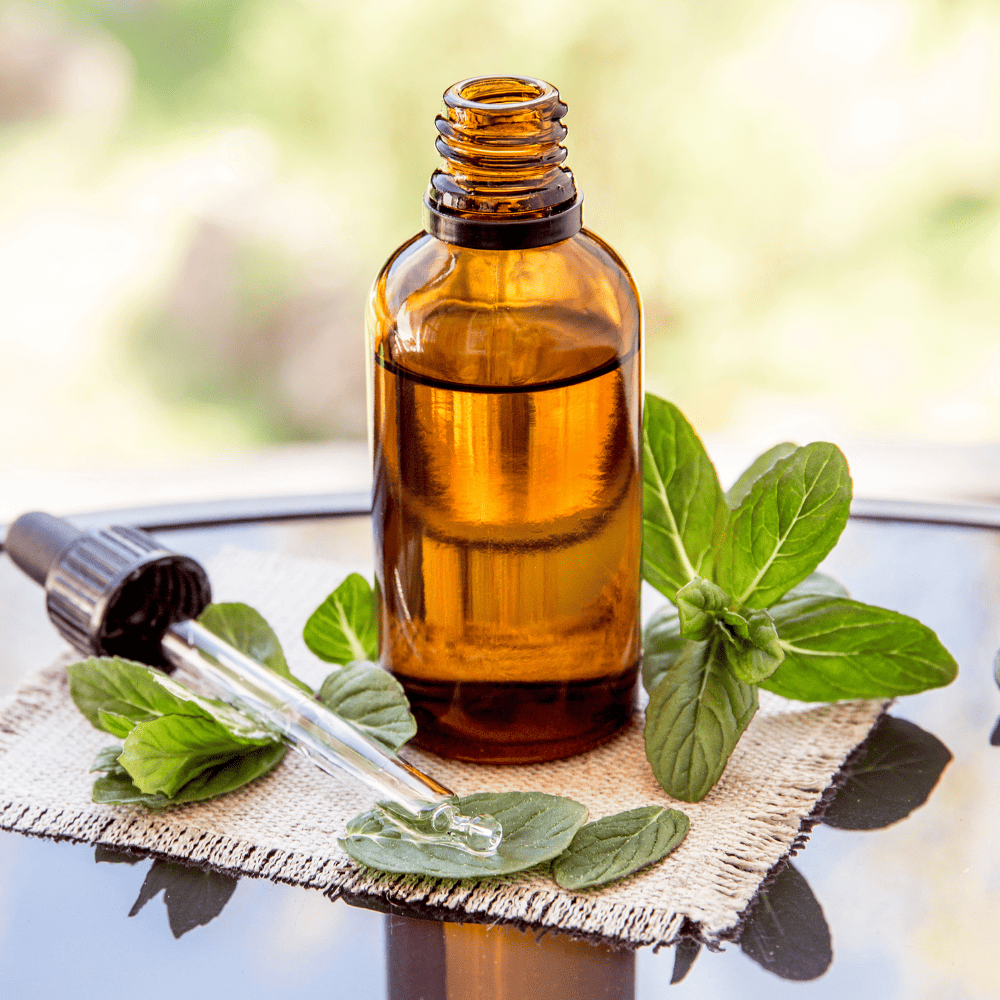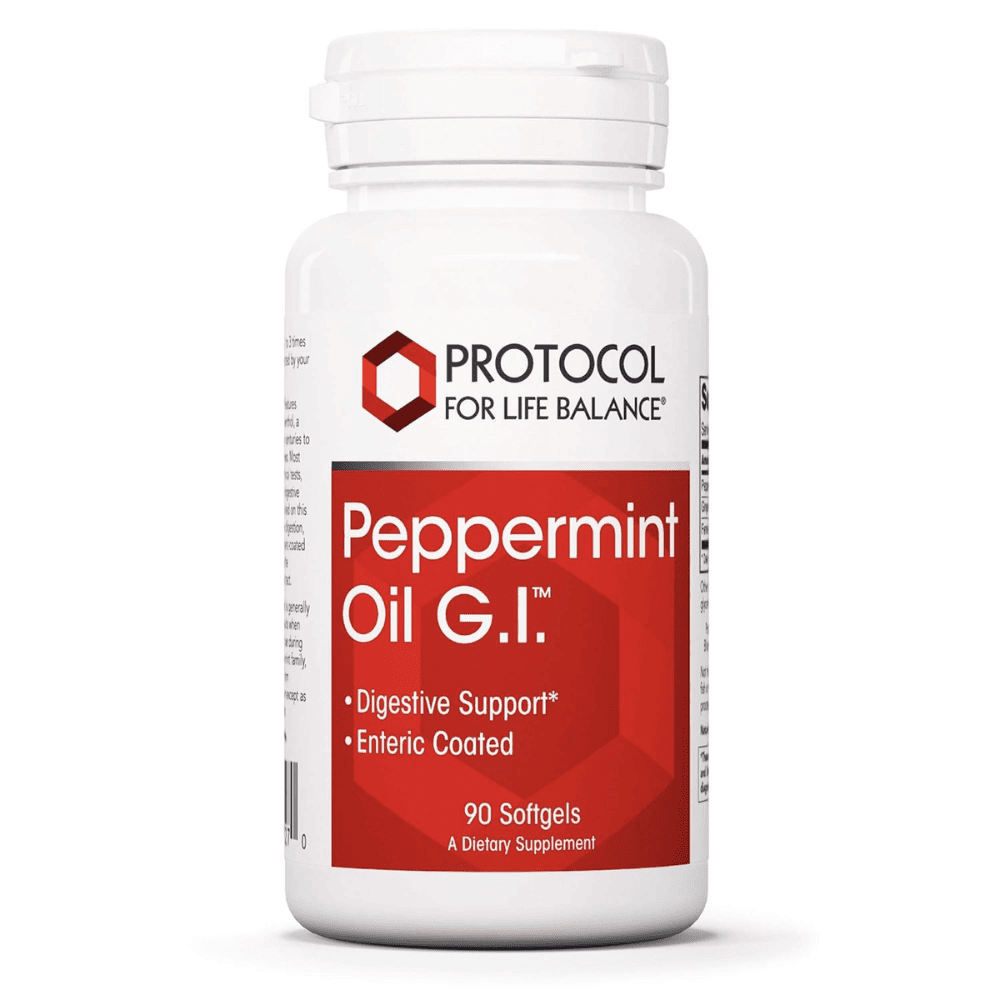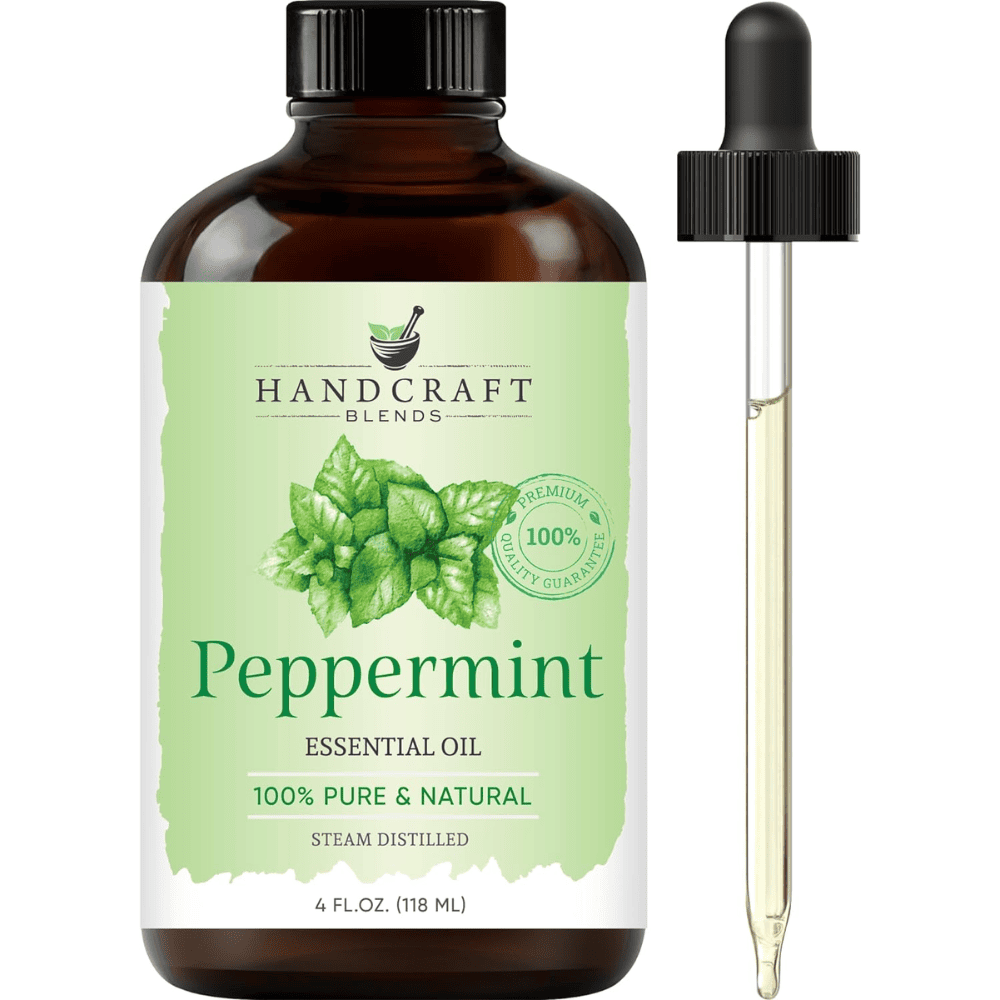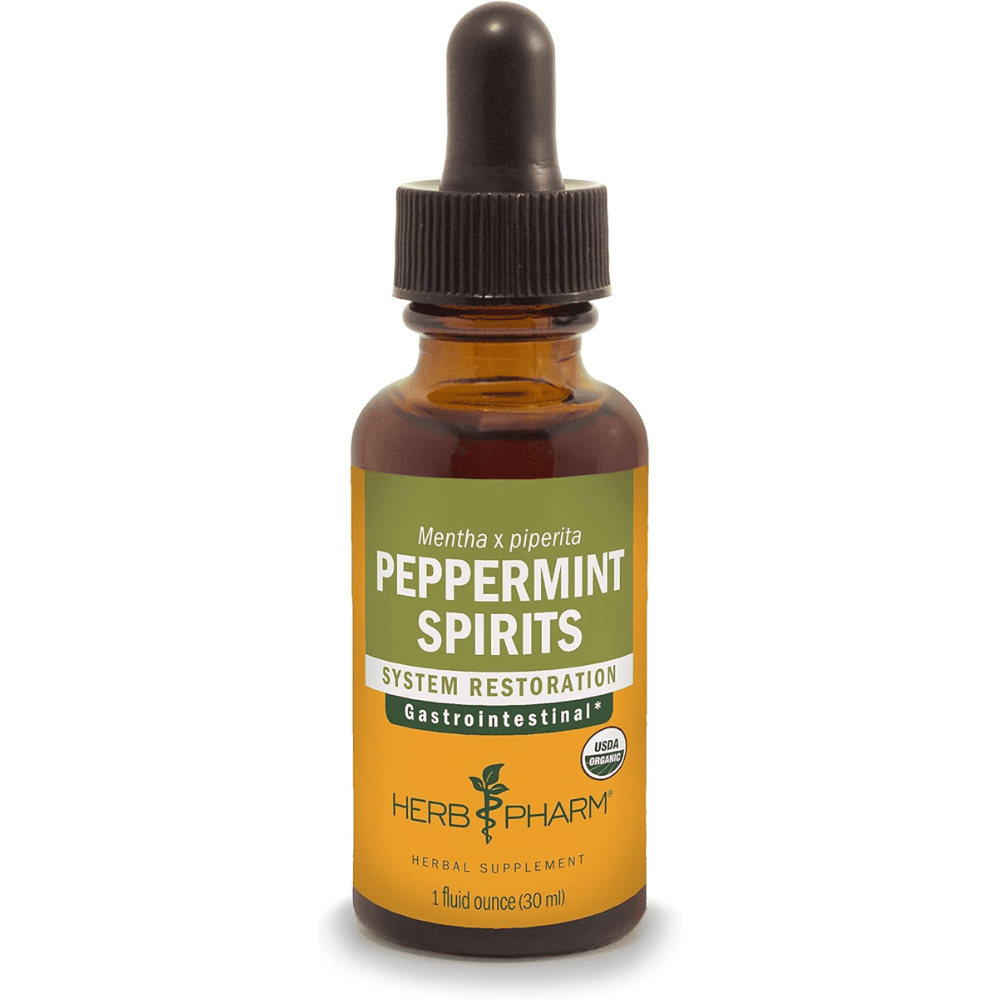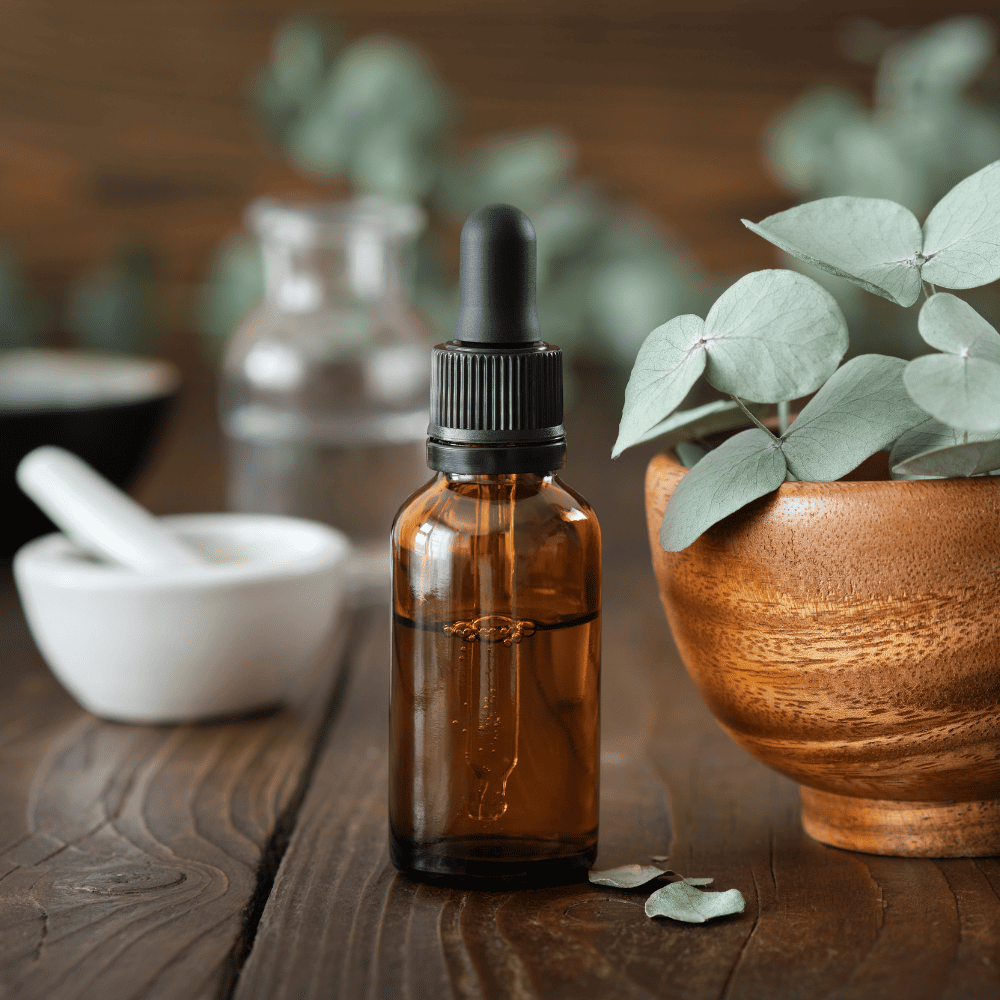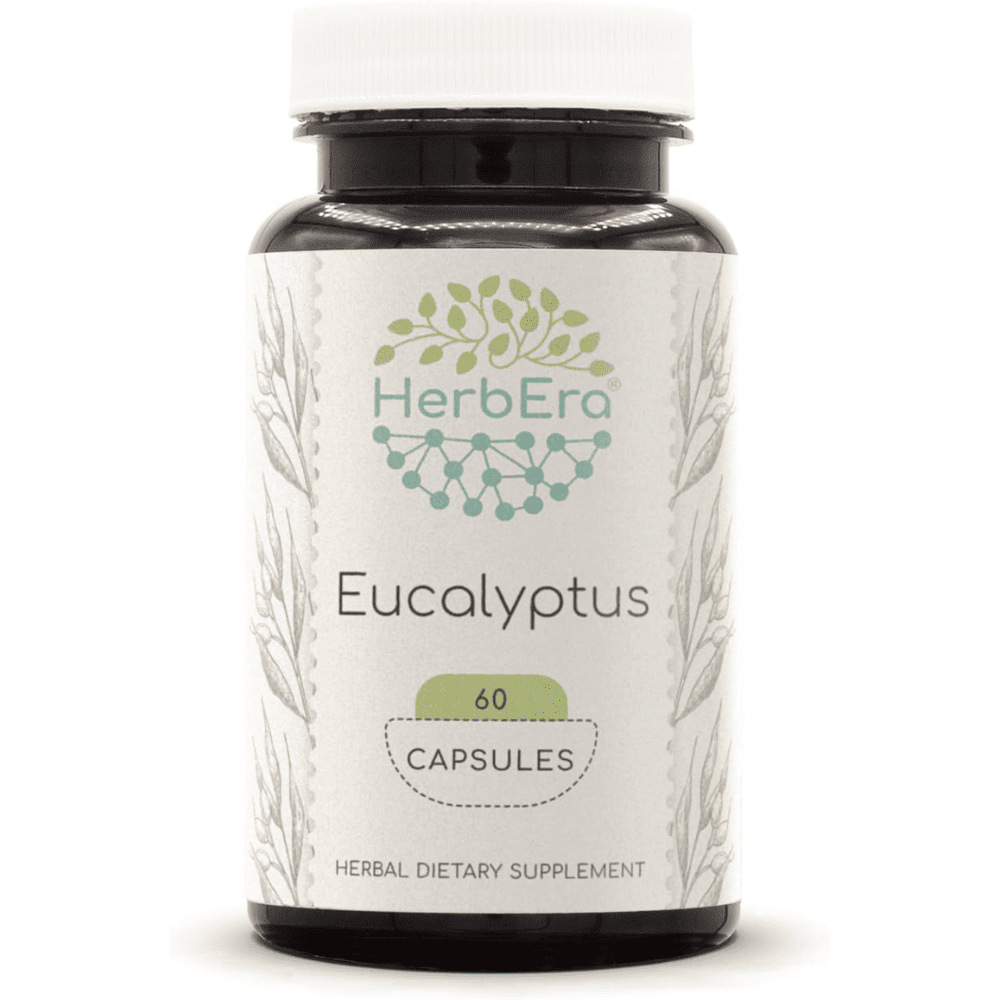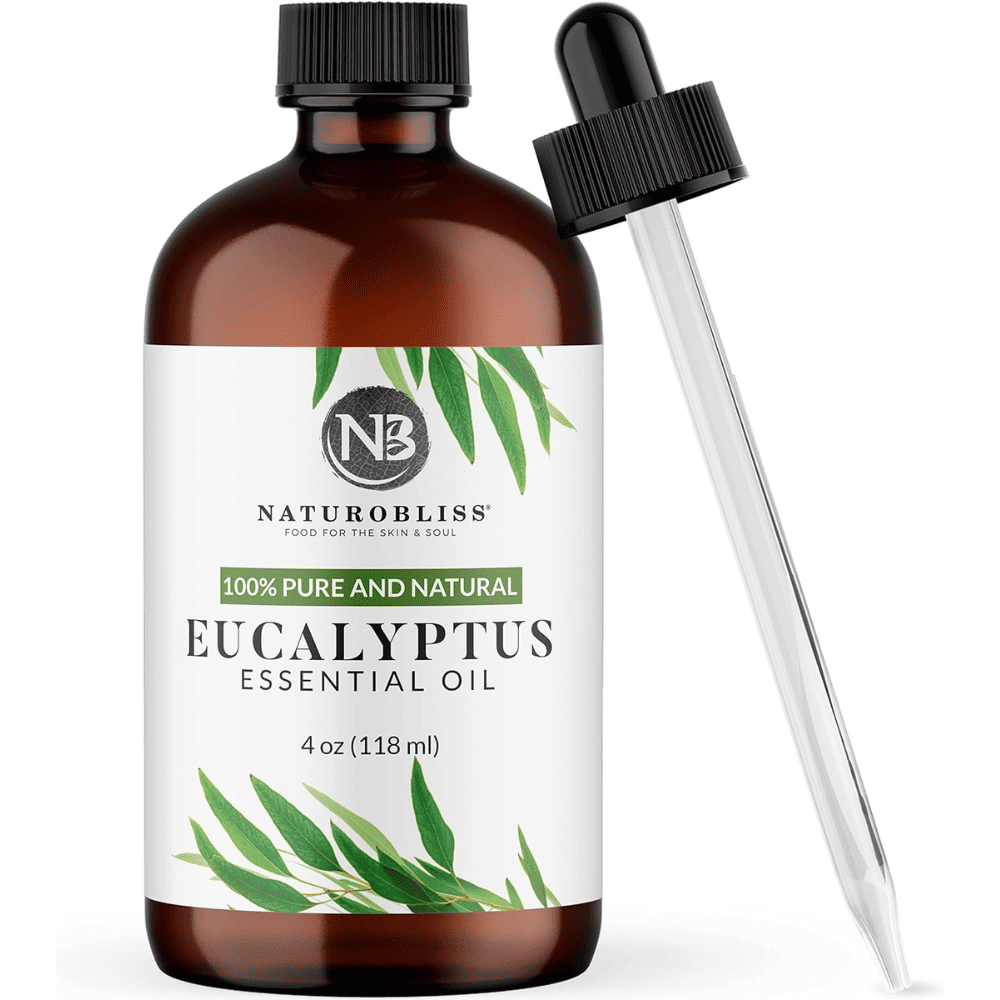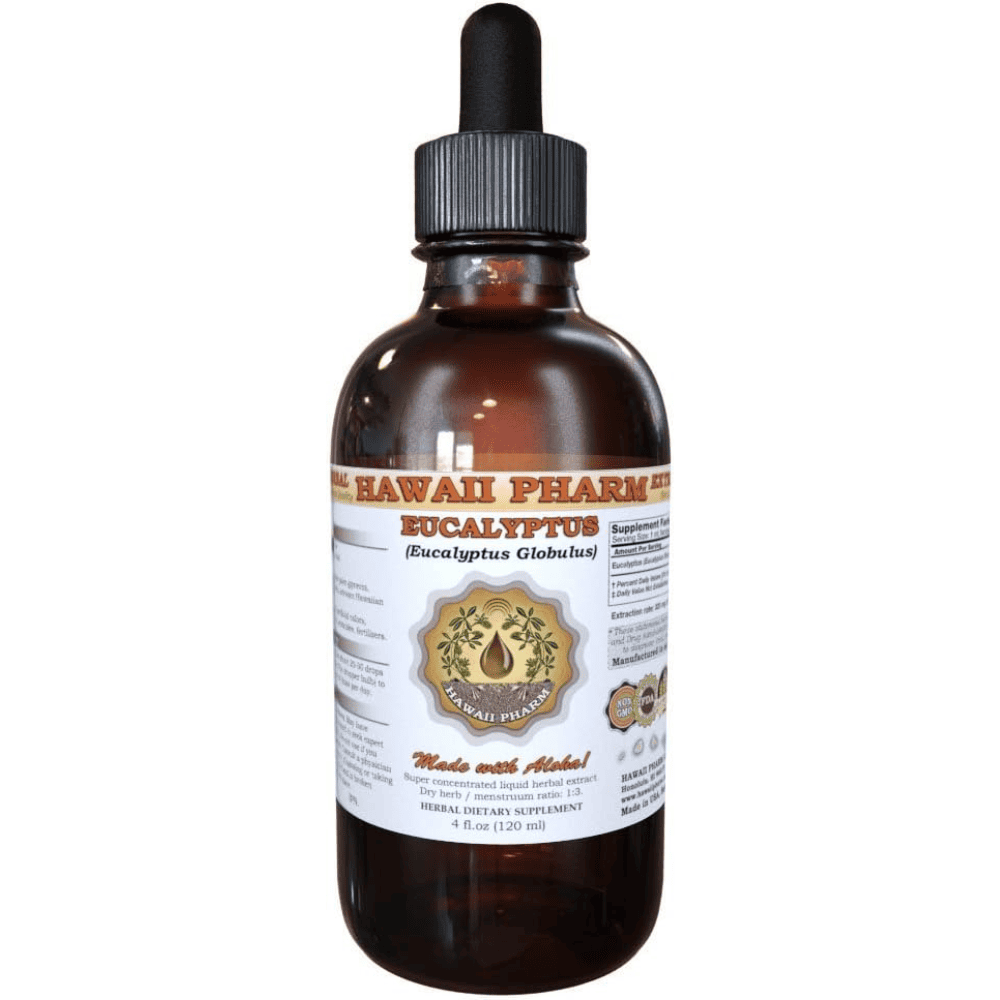Benefits: Oregano oil is one of the most powerful natural antimicrobials available, known for its strong antiparasitic, antibacterial, and antifungal properties. It contains a high concentration of carvacrol, a compound that has been shown to effectively combat a wide range of pathogens, including parasites. Oregano oil supports the immune system, enhances digestion, and promotes detoxification. Its potent antioxidant properties help protect the body from oxidative stress, making it a valuable addition to any cleansing regimen.
History: Oregano oil has been used for thousands of years in traditional medicine, particularly in the Mediterranean region. The ancient Greeks and Romans revered oregano as a powerful healing herb, using it to treat infections, wounds, and respiratory conditions. In folk medicine, oregano was often employed as a natural remedy for digestive issues and to prevent foodborne illnesses. The oil extracted from oregano leaves was considered especially potent and was used both internally and externally for a variety of health issues. Today, oregano oil continues to be a staple in natural medicine, widely recognized for its potent antimicrobial effects and its role in supporting overall health.
Parasites Helped: Oregano oil is highly effective against a range of parasites, including intestinal worms, giardia, and protozoa. The active compounds in oregano oil, particularly carvacrol and thymol, have been shown to disrupt the cell membranes of parasites, leading to their death. Oregano oil is also effective in preventing the growth and reproduction of parasites, making it a powerful tool in the fight against parasitic infections. It is often used in conjunction with other antiparasitic herbs and supplements to enhance its effectiveness.
